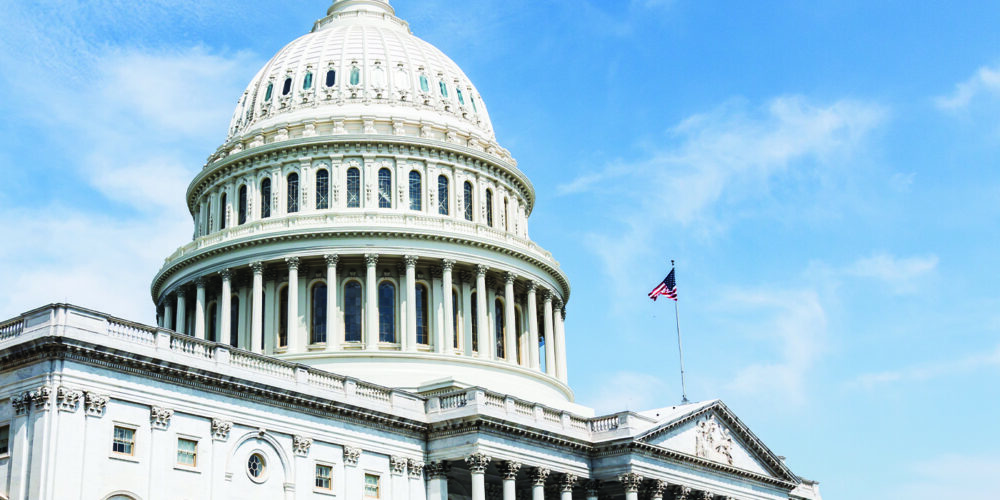From Automotive Service Association
The U.S. Senate Committee on Small Business and Entrepreneurship held a hearing on the implementation of Title I of the Coronavirus Aid Relief & Economic Security (CARES) Act.
U.S. Small Business Administrator Jovita Carranza and U.S. Department of Treasury Secretary Steven Mnuchin testified on the roll out and implementation of the Paycheck Protection Program (PPP), the Economic Injury Disaster Loan (EIDL) Program. They also focused on the economic outlook since the beginning of the COVID-19 pandemic.
In his opening statement, Mnuchin said, “Turning to the PPP, the SBA and Treasury worked together to launch this unprecedented program in only six days. In less than two months, the PPP is supporting the employment of approximately 50 million workers and more than 75 percent of the small business payroll in all 50 states. This is an extraordinary achievement.”
Additionally, Carranza said, “The agency rolled out the program (PPP) six days after enactment of the CARES Act, and we continue to manage a program that has provided over 4.5 million loans for over $510 billion in much-needed financial relief to America’s small businesses.”
Despite the success with the program thus far, Mnuchin said “there’s no question that small businesses, in many industries, are going to need more help and we look forward to working with the committee and the rest of the Senate on a bipartisan basis to include incentives. Whether it’s through the PPP or tax credits, we’re open minded.”
On May 9, U.S. Senators Chuck Schumer (D-New York), Ben Cardin (D-Maryland) and Jeanne Shaheen (D-New Hampshire) sent a letter to SBA Administrator Carranza outlining their concerns with SBA’s implementation of the EIDL program, specifically the SBA’s decision to limit the EIDL cap to $150,000, delay in the disbursement of funds, and a lack of transparency and communication.
In the letter, senators state that “transparency and communication must improve. Anything less is a disservice to the millions of small businesses that have invested their effort, their time, and their hope seeking to obtain meaningful and effective federal support.”
During the round of questioning, Sen. Cardin pressed Administrator Carranza on why the SBA has enforced a $150,000 cap on the EIDL instead of allowing borrowers up to $2 million per loan that Congress had appropriated.
Carranza later said that “by next week all of the EIDL loans will be in the process in the loan portal, so all of the 5 million applications that (SBA) has, that actually represent over 7 million employees and 5 million small businesses will be in the loan portal…which that means within a week’s time that those loans will be processed.”
Meanwhile, the U.S. House Committee on Small Business also held a hearing called “The Economic Injury Disaster Loan Program: A View from Main Street.”
The hearing was in response to growing concern regarding the SBA’s implementation of the EIDL Program, an existing program that would, under the CARES Act, allow small businesses to borrow up to $2 million to respond to the economic impact of the COVID-19 pandemic.
During testimony, witnesses went into detail of the challenges they faced during their experiences applying for and obtaining an EIDL.
Prior to the hearing, members of the U.S. House Small Business Committee also sent a letter to SBA Administrator Carranza expressing similar sentiments as the Senator letter. The House letter addressed that the SBA’s has failure to institute a process for borrowers who have not yet received funds, to monitor their application, unresponsive SBA hotlines, disbursing inconsistent information, closure of the application portal, and, similarly, a lack of transparency.
In the letter, lawmakers said, “[T]o date, we do not know how many applications are pending in the queue and how quickly SBA is processing these applications.”
To view the Senate Small Business & Entrepreneurship Committee hearing, click here.
To view the House Small Business Committee hearing in its entirety, click here.











